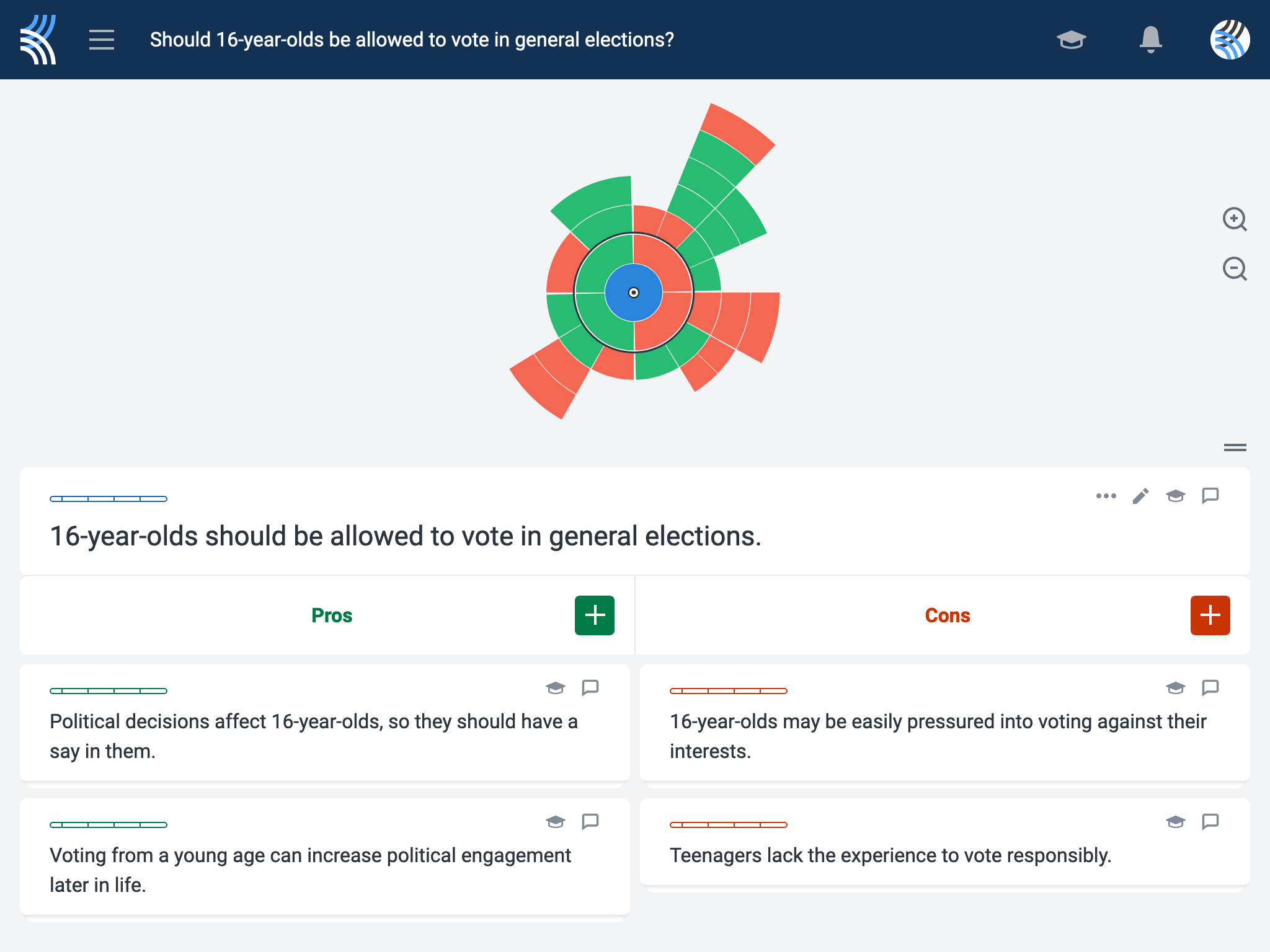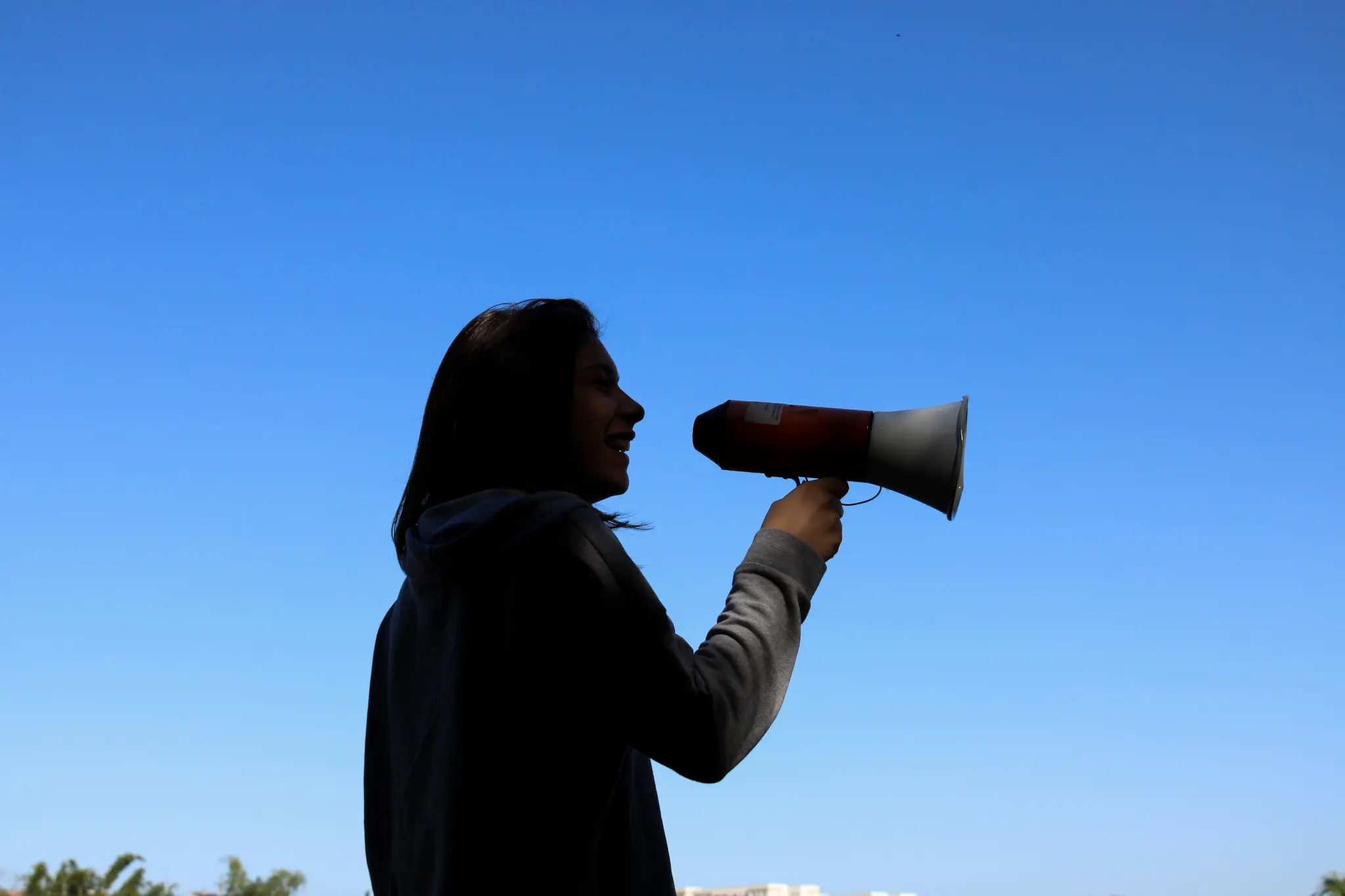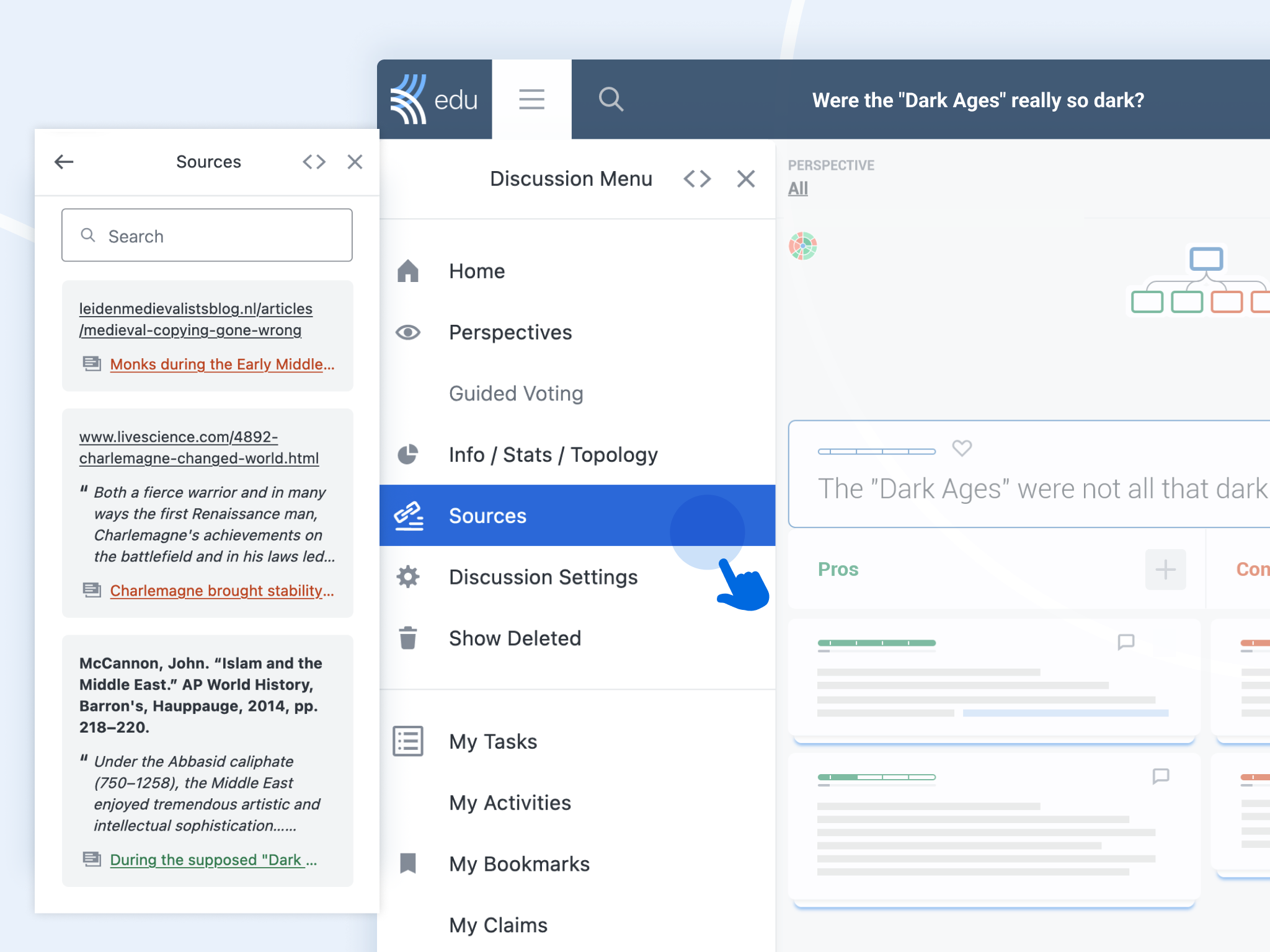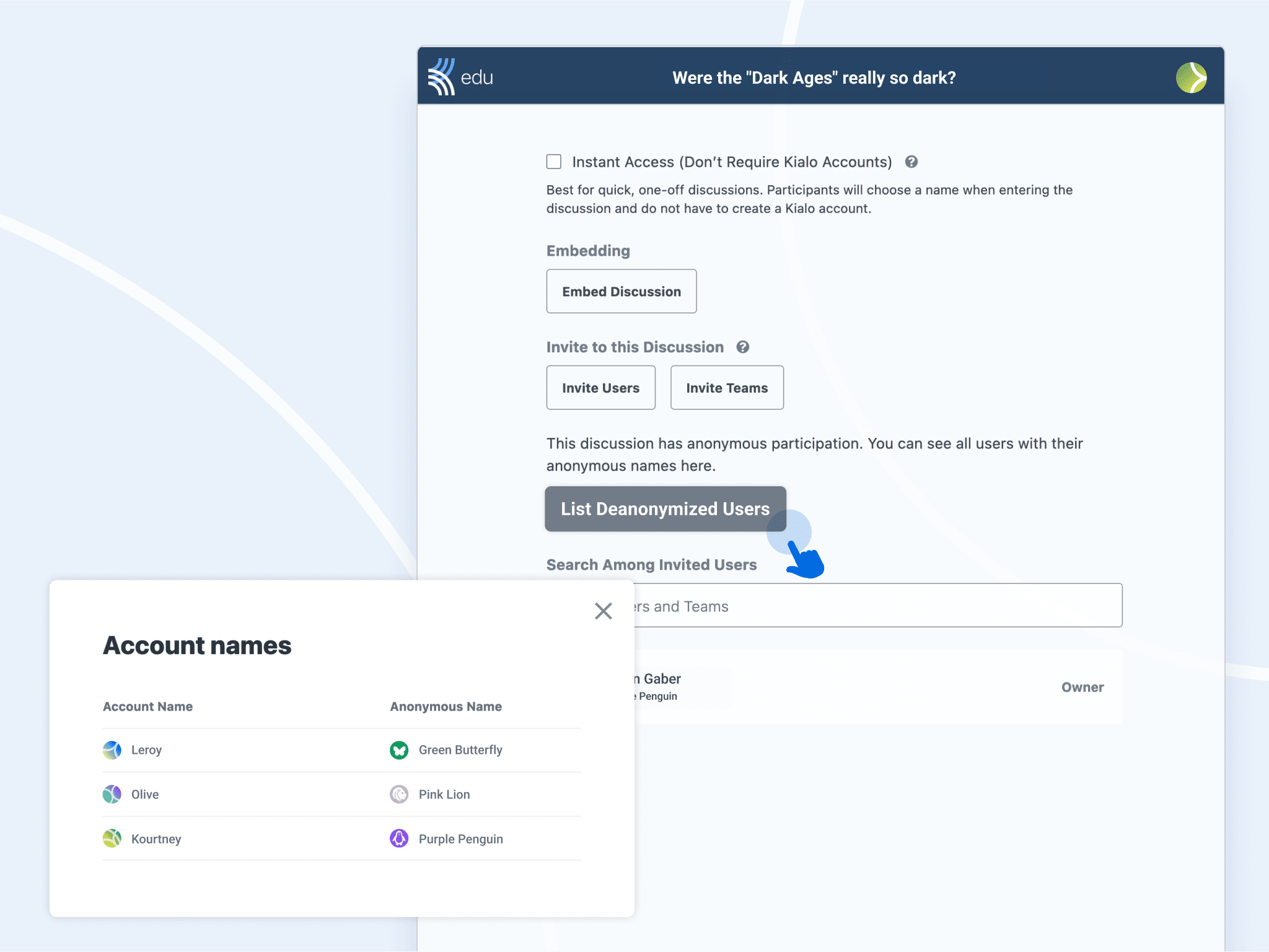Building students’ civic literacy skills is key to helping them become informed, engaged, and accountable citizens in society. With engaging activities, students can develop these skills and apply them in both their personal and academic lives.
Let’s explore examples of activities to build civic literacy skills and how to incorporate media literacy within them — along with ways you can do these activities right on Kialo Edu. Best of all, Kialo Edu is completely free and always will be, so try using it to for engaging class discussions that foster these important skills with your students!
Why integrate civic and media literacy skills into your lessons?
Digital technology has made civic engagement more accessible. However, it has also ignited an explosion of misinformation and disinformation, resulting in an increasingly polarized society. Thus, maximizing opportunities to integrate civic and media literacy skills is crucial for students.
Students can reap the rewards of active citizenship through participation in community projects linked to a range of curriculum subjects. By working collaboratively to improve their community, students can learn about social responsibility and apply their skills in real-world settings.
As a free, purpose-built tool designed to train students’ critical thinking, you can use Kialo Edu for each of the following activities to build civic literacy skills.
1. Hold a discussion or debate on civic issues
Learning to exchange ideas respectfully is a key civic literacy skill, with having discussions and debates at the heart of democracy.
When holding discussions and debates in class, remind students that the emphasis is on exploring issues rather than winning. Students should outline and research topics, write evidence-supported claims, and edit for clarity and accuracy.
With Kialo discussions, students can make claims logically using the branching structure to consider multiple perspectives. Best of all, Kialo Edu has a host of ready-made discussion topics to target civic literacy skills with a two-pronged approach.

You can have discussions on the topic of civic literacy itself. For example, students can explore the whether 16-year-olds should be allowed to vote in general elections, whether democracy is a good form of government, or whether social media is a threat or benefit to democracy.
Students can also have discussions and debates on other curriculum subjects, meaning they get an interdisciplinary practice of civic literacy skills.
2. Join community projects on issues that matter to students

For true engagement, students can select their own cause to engage in by interviewing people in their community, considering their own experiences, or contacting local representatives.
For an easy way to organize this research and select a project, use a Kialo discussion as an ideal decision-making framework.
Add each community issue as a thesis, then use pros and cons to outline potential solutions and hurdles. Organizing information visually can support students in reaching a consensus on the final project, a key skill in a democratic society. For example, try holding a discussion on topics such as:
- What is the best method of transport in a city?
- What is the best source of renewable energy?
- Which social media platform would be best to ban?
Most importantly, because students have ownership of the project from the beginning, they will be invested in its success.
3. Campaign for an issue while using collaboration and research skills

Students can practice advocating for their community in a responsible and respectful way by leading campaigns on meaningful issues. To maintain engagement, have students narrow down broader issues to a smaller focus area where they can realistically make a difference.
For example, younger students may focus on issues directly affecting them such as reducing homework or improving the local park. Students with a wider knowledge of current events may focus on societal issues such as climate change or the cost of living crisis.
Have students study existing or historical campaigns to equip them with tools to analyze current or future campaigns they may encounter. Students can then build on this knowledge to develop their own campaigns. As students become campaign creators, rather than consumers, they can begin to understand how information can be manipulated to support the political purpose and perspective of the creators.
An effective campaign requires in-depth research with information supported by evidence. Capitalize on this by teaching students to critically evaluate media for misinformation and disinformation. Students can organize their research into an in-depth topic map on Kialo Edu, adding well-researched, factual supporting sources to their claims.

4. Hold a mock election to simulate voting conditions
Students may quickly forget ordinary lessons on democracy, but participating in an interactive mock election is a memorable experience. Students can experience democracy in action and recognize that every vote counts, encouraging active citizenship in the future.
Begin with a fun, low-stakes example. Electing a new school principal is likely to capture students’ interest, especially if they have to choose between well-known characters such as Principal Skinner or Albus Dumbledore.
Teach students the importance of researching each candidate to ensure they make the right choice. Once students understand the election system, they can elect student councilors, or if it’s national election time, a mock election could be based on the real election candidates.
Kialo discussions are a great tool for students to keep track of candidate research, inputting the pros and cons of each candidate’s talking points. Students can even use Kialo to vote for the best candidate. Best of all, students can contribute anonymously on Kialo Edu, reinforcing that votes are private and should not be influenced by others.

These activities are just the beginning of developing civic literacy skills across the curriculum. Engaging students in activities to teach civic literacy benefits not just them, but society as a whole, so let us know how you are making a difference by contacting us at feedback@kialo-edu.com, or on social media.
If you’re looking for more ideas on teaching civics education in the classroom, we’ve got lots more resources to help your students become active, engaged citizens!

